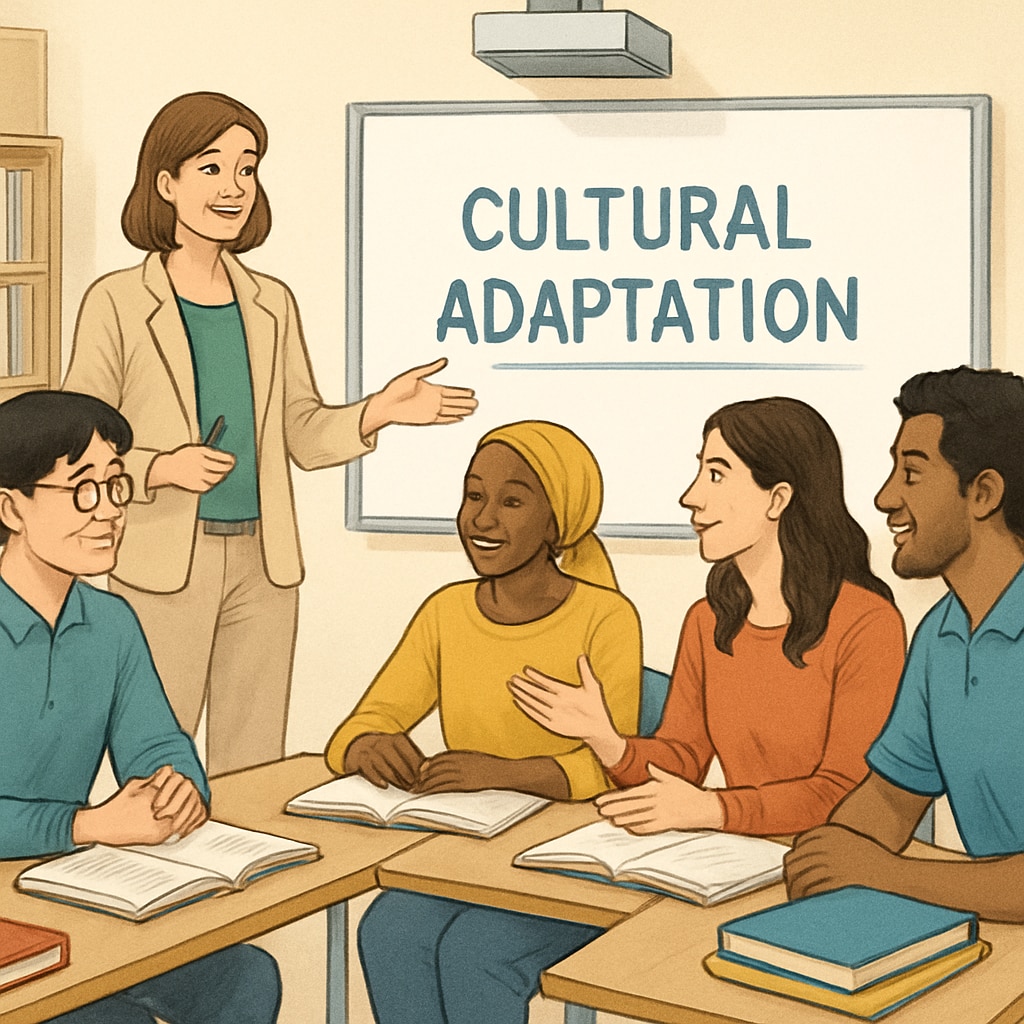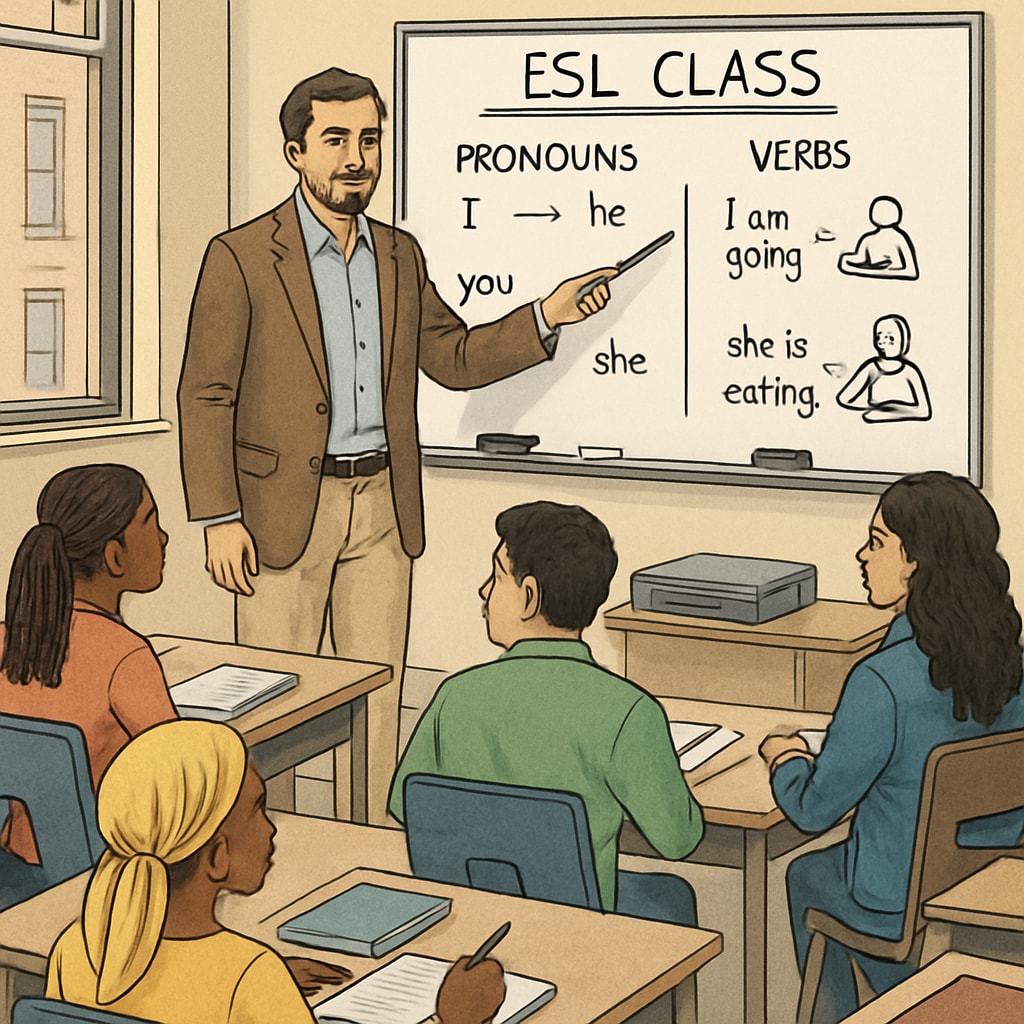For international students, cultural adaptation often poses significant challenges when entering the U.S. education system. This process is particularly daunting for those who also need to balance work and professional development. Fortunately, adult education programs, cultural adaptation strategies, and basic knowledge resources in New York can act as vital bridges, helping students integrate into American society while advancing their academic and career goals.
Understanding the Importance of Cultural Adaptation
Cultural adaptation involves learning and embracing societal norms, behaviors, and values in a new environment. For international students, this means understanding the intricacies of American culture, from communication styles to educational expectations. According to a Wikipedia article on cultural adaptation, successful integration can foster better relationships, academic success, and personal growth.
However, the journey isn’t always smooth. Many students experience “culture shock,” where unfamiliar customs and social dynamics create confusion or discomfort. This is where structured adult education and cultural integration resources come into play, offering tailored programs to ease the transition.

Key Adult Education Programs in New York
New York City, known for its diversity, offers numerous programs that help international students navigate cultural differences. Here are some standout options:
- Community Colleges: Institutions like the Borough of Manhattan Community College provide English as a Second Language (ESL) courses and cultural workshops tailored to non-native speakers.
- Public Libraries: The New York Public Library (NYPL) runs free programs covering U.S. history, practical skills, and cultural norms.
- Non-Profit Organizations: Initiatives such as the International Center of New York offer mentorship, cultural orientation, and networking opportunities.
These resources are designed to address specific challenges, such as language barriers, unfamiliar educational practices, and workplace etiquette, empowering students to thrive in their new environment.

Strategies for Building Basic Knowledge of U.S. Culture
In addition to formal programs, students can adopt self-driven strategies to enhance their cultural understanding:
- Participate in Local Events: Attend community gatherings, festivals, and workshops to experience American culture firsthand.
- Engage with Locals: Building friendships with native residents can provide valuable insights into cultural nuances.
- Use Online Resources: Platforms like Britannica and Coursera offer courses on American history and culture.
By combining these approaches with structured educational programs, international students can develop a well-rounded understanding of U.S. culture. This not only enhances their academic and professional prospects but also enriches their overall experience in the country.
Conclusion: Empowering International Students Through Education
For international students in New York, adult education programs, cultural adaptation strategies, and basic knowledge resources serve as critical tools for bridging cultural gaps. With the right support, students can overcome challenges, build lasting connections, and thrive in both academic and social settings.
Ultimately, investing time and effort into cultural adaptation not only facilitates a smoother transition but also opens doors to greater opportunities in the United States.


